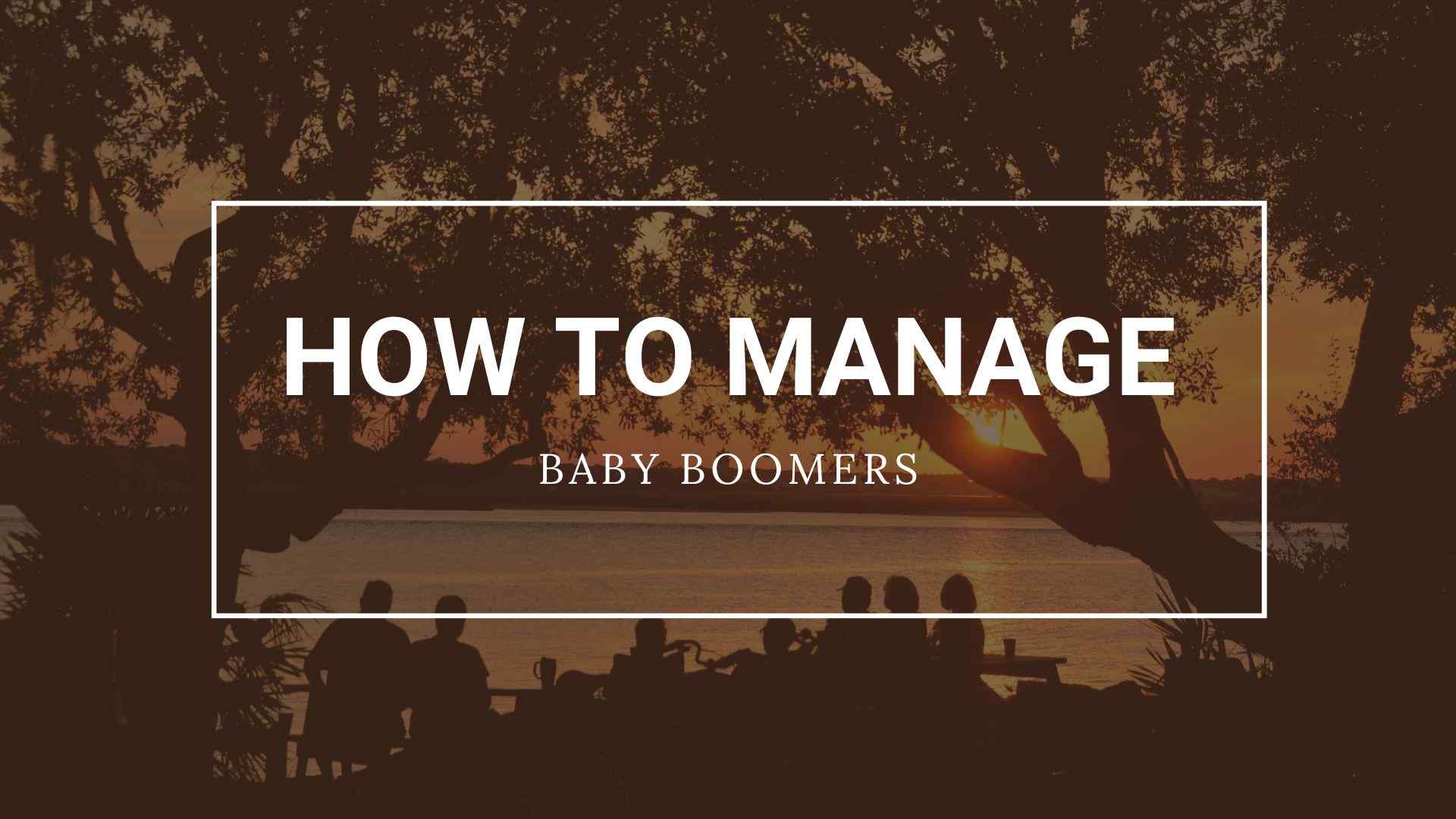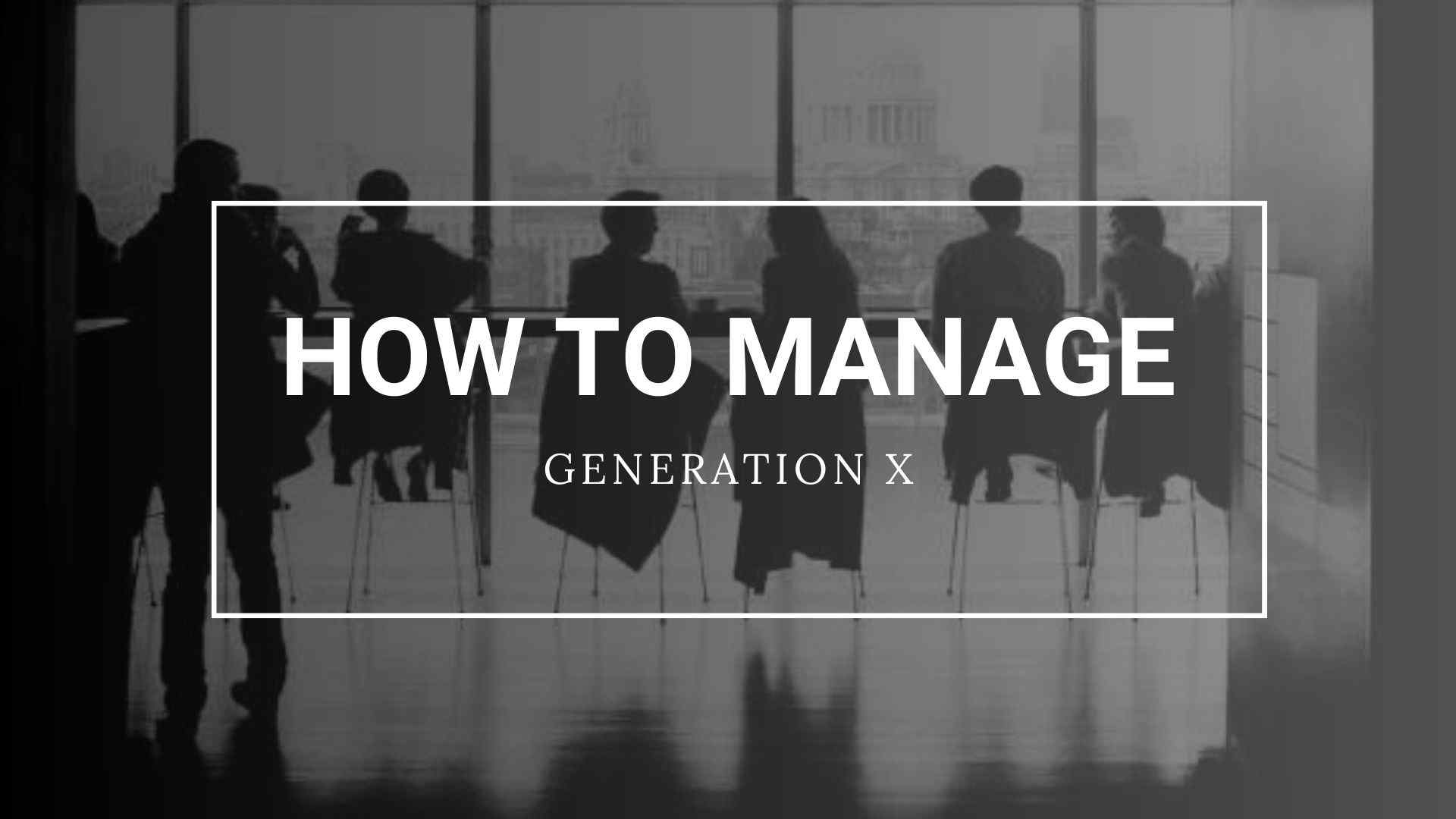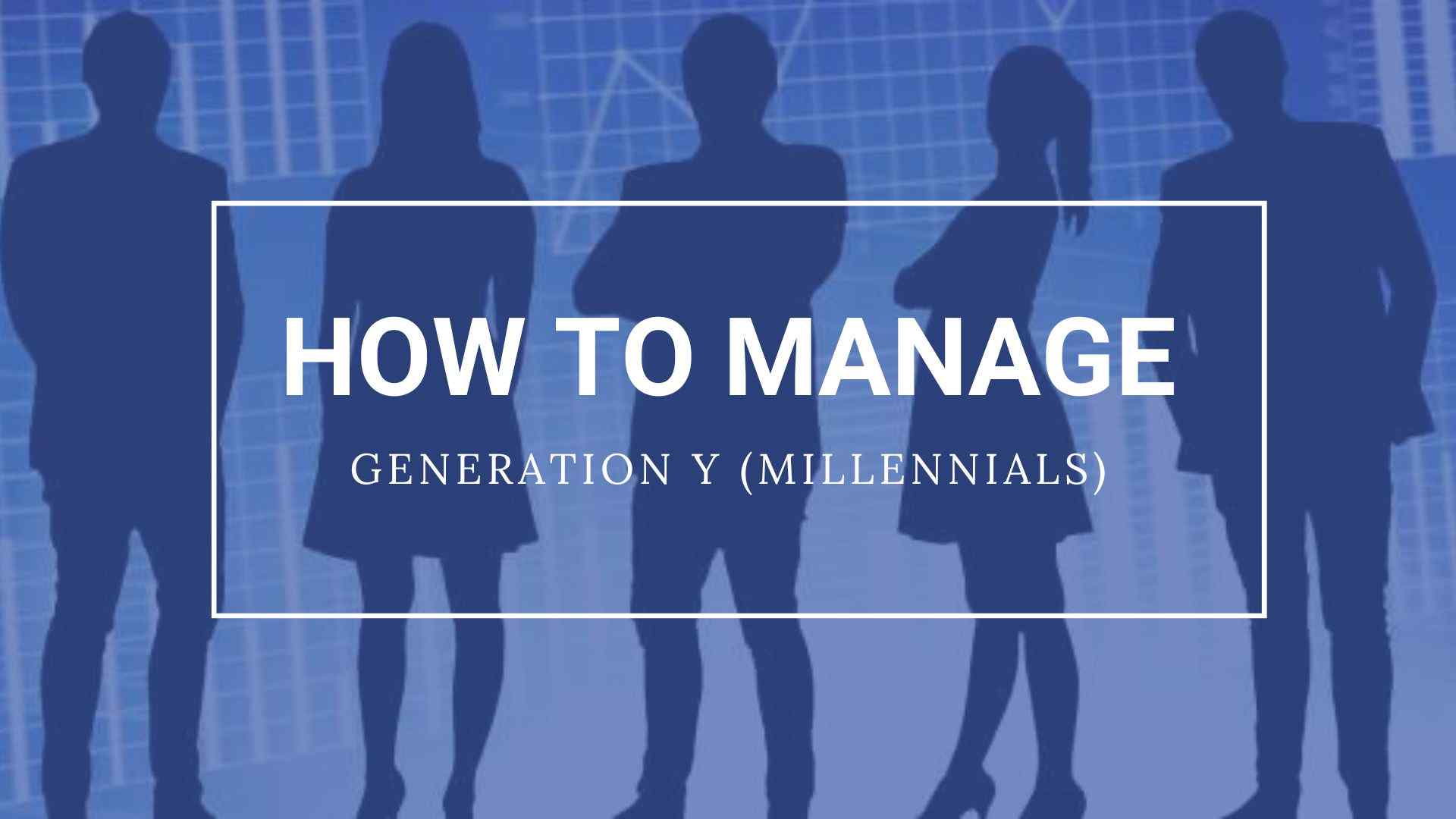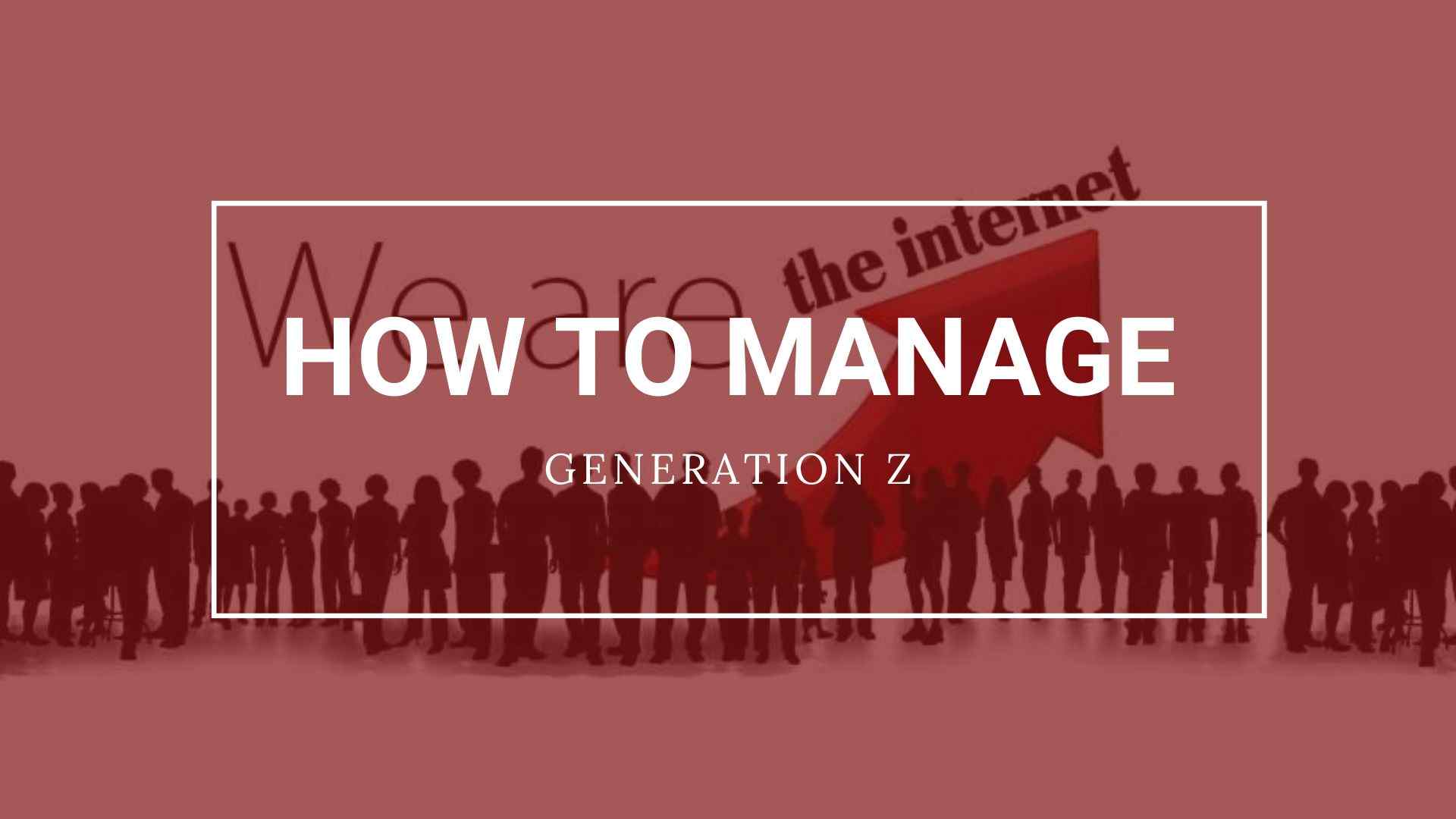In This Article
(Click the links below to move easily to sections of this article)Who is Generation Y
What Events Shaped Generation Y
The Impact of Generation Y on the Workplace
Adapting to Generation Y
Video: Understanding Generation Y (Millennials)
Quiz: Understanding Generation Y (Millennials)
Generations in the Workplace Article Series
Member Content
- Motivation Word Cloud: Generation X Workplace Values
- Motivation Word Cloud: Generation Y Workplace Values
- Motivation Word Cloud: Generation Z Workplace Values
- Motivation Word Cloud: Baby Boomer Workplace Values
- Leadership Infographic: 5 Ways Insightful Leaders Engage Generation X
- Leadership Infographic: 5 Ways Insightful Leaders Engage Generation Y (Millennials)
- Leadership Infographic: 5 Ways Insightful Leaders Engage Generation Z
- Leadership Infographic: 5 Ways Insightful Leaders Engage Baby Boomers
Who is Generation Y
 They are called by many names: Generation Y (Gen Y), Millennials, Nintendo Generation, Internet Generation, Generation 2001, etc.
They are called by many names: Generation Y (Gen Y), Millennials, Nintendo Generation, Internet Generation, Generation 2001, etc.
Born around 1980 through 2000, they are a large percentage of the workforce along with Generation Z.
The generational experiences of Gen Y differ in some significant ways from other generations. One of the most significant differences between Gen Y and Gen X are the parenting that they experienced.
Where many Gen X’ers lived the latch key experience as their parents focused on establishing their careers, many Gen Y members had a different parental experience. Many Gen Y members had uncritical and protective parents who focused more on maintaining a work/life balance so they could be involved with their Gen Y kids.
Gen Y had a significant life experience difference from Baby Boomers as well. This difference is in the area of how they received information about the world around them. Specifically, where TV had a heavy impact on Baby Boomers, with Gen Y it was the Internet that made them.
Millennials comfort with the Internet shows itself in various ways. First, they are natural networkers who effortlessly navigate the digital world with their Smartphones and other electronic devices. Second, Gen Y readily shares information on the Internet (sometimes too much) and information travels quickly through their communication networks.
If you are a Baby Boomer and in tune to your family communications, you may notice that your young grandchildren, nephews, and nieces often have “the scoop” on the family happenings before the older relatives do.
Finally, compared to the two generations that came before them (Gen X and Baby Boomers), Gen Y are the most accepting of diversity. They are also sociable and confident.Millennials (Gen Y) are natural networkers who can navigate the digital world with ease. Share on X
What Events Shaped Generation Y
 Like other American generations, societal events shaped the generational personality of Generation Y.
Like other American generations, societal events shaped the generational personality of Generation Y.
Here’s a list of 15 influential events that shaped Generation Y as they were growing up:
- Computers and technology
- “Girl’s movement” (push for equity for girls in school sports)
- TV talk shows
- Oklahoma City bombing
- Increased parental emphasis on child rearing
- School yard violence (Columbine, etc.)
- Diversity
- Busy planned lives
- Extended family relationships
- Early exposure to serious adult issues
- Environmental impact awareness
- Rise of social media (MySpace, Friendster, Facebook)
- Google founding as a search engine
- Video games
- Desert Storm
The Impact of Generation Y (Millennials) on the Workplace
Since their entry into the workplace, Generation Y has had a huge impact on the workplace.
The following is an infographic from Compliance and Safety Training about Generation Y.
This infographic provides a look back at Generation Y — as it was entering the workplace in force in 2010. This look back shows why Generation Y has had such a huge impact in the workplace.
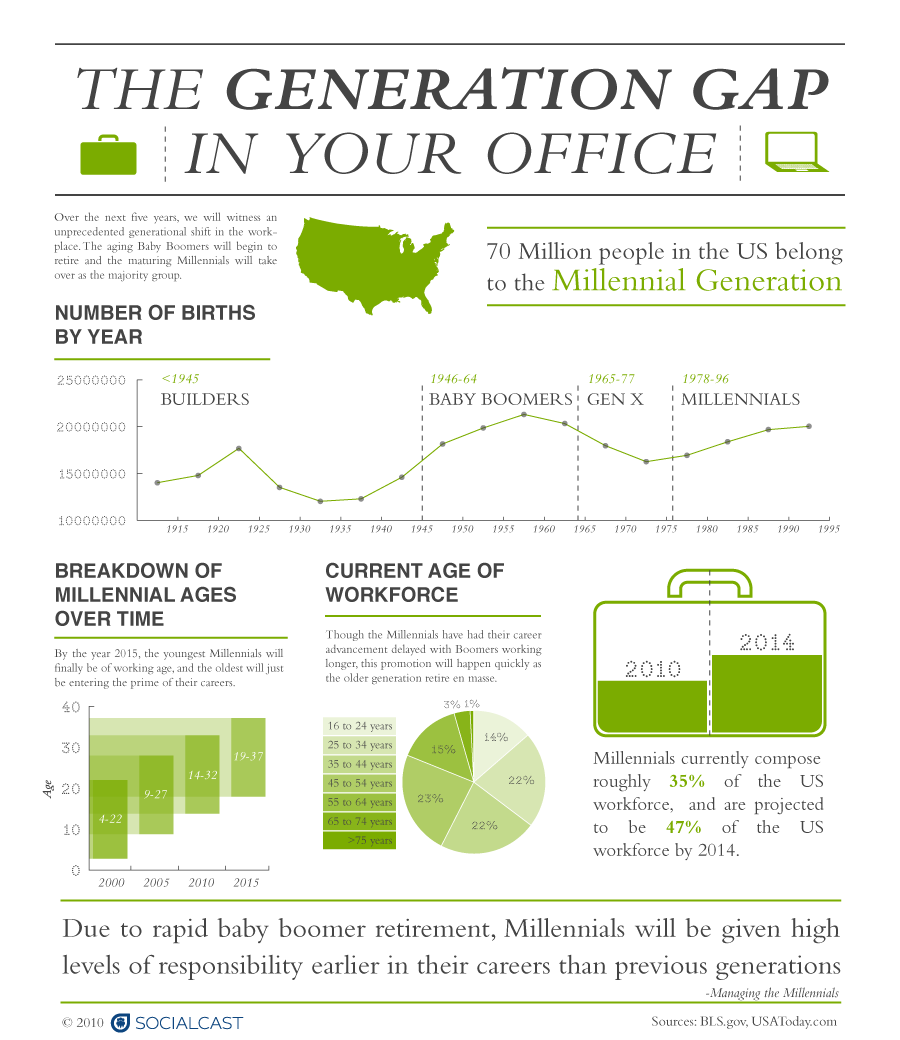
Adapting to Generation Y
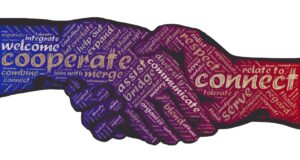 One common concern of older managers centers on their perception of the different work ethic of Gen Y workers.
One common concern of older managers centers on their perception of the different work ethic of Gen Y workers.
In their opinion, they feel that these younger workers want continual praise and are less willing to put in the extra effort to meet organizational objectives.
This view of Gen Y is harsh. A more balanced view of Gen Y shows that they value rewarding work and close relationships.
While Gen Y generally responds better to a coaching leadership style than a directive leadership style, they also want constructive feedback on how they can improve their skills. Finally, with the proper motivation, Gen Y will work as hard as anyone else to do their work, but they also want to have a life beyond the job. This high value that Gen Y places on work/life balance is not unique to their generation. Gen X shares this same value
The reality is that older managers will have to loosen the reins of control some if they want their companies to remain viable. They will also have to adapt their expectations to account for the different values of the changing workforce.
Some older managers choose to resist this advice. Resistance is pointless however.
The growing workforce participation numbers for Gen Y alone make it mandatory to find win/win solutions that both meet organizational objectives and honor generational values. Managers who ignore the expectations of Gen Y do so at their own risk.
As the workplace changes, older managers will have to adapt their approach to leadership. As older workers leave the workplace, power in organizations is shifting to Generations Y and X.
It will take some effort for the four generations to collaborative effectively in the workplace. It’s an adjustment, but it can be done.
Managers have no choice but to learn how to work effectively with Millennials (Gen Y). Gen Y is now a large percentage of the workforce. Share on XVideo: Understanding Generation Y (Millennials)
Quiz: Understanding Generation Y (Millennials)
Generations in the Workplace Article Series
Article Reference Information:
(1) C & S Training Infographic used for informational purposes only. No benefit received.
(2) Book: Zemke, R., Raines, C., & Filipczak, B. (2000). Generations at Work. New York: AMACOM.
Video Image Credits:
(1) Beyonce: Sassy, CC BY 3.0, via Wikimedia Commons
(2) Rihanna: IGMA, CC BY 3.0, via Wikimedia Commons
(3) Lebron James: Keith Allison from Kinston, USA, CC BY-SA 2.0, via Wikimedia Commons
You May Find These Helpful
This article is accurate to the best of the author’s knowledge.
Content is for informational or educational purposes only and does not substitute for professional advice in business, management, legal, or human resource matters.
